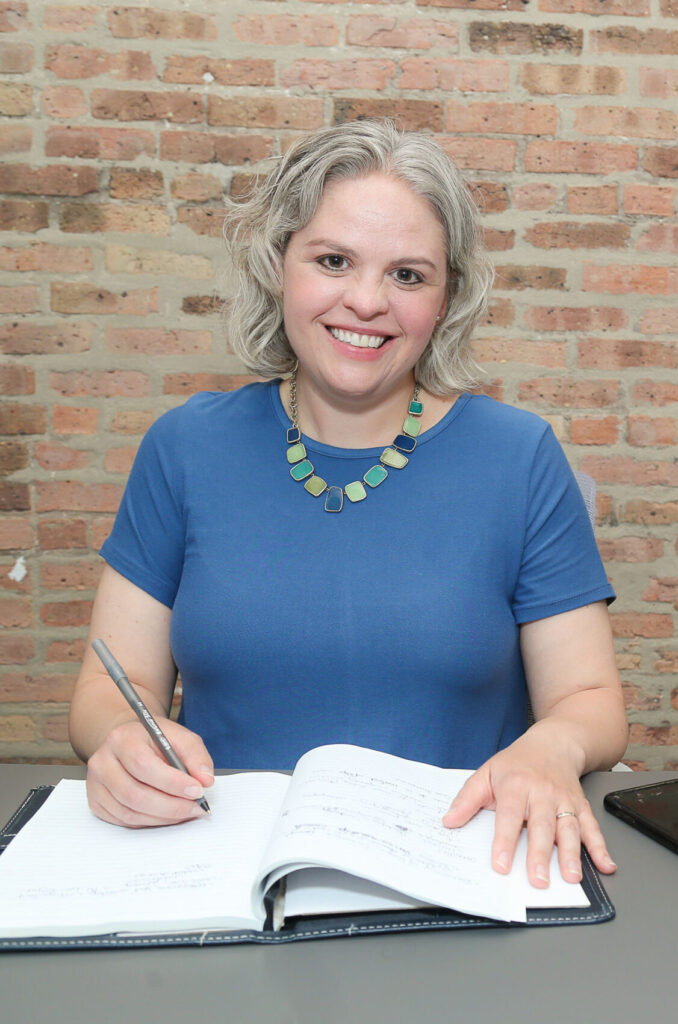
Anyone who was a kid in the 1980s likely remembers it as a nostalgic time. Saturday mornings were for cartoons and sugary cereal. You waited for your favorite songs to come on the radio and recorded them on cassette tape so you could listen to them again. You might have carried a Trapper Keeper to grade school and probably spent summer afternoons biking around the neighborhood and selling lemonade. Life felt relatively simple. Few people owned cell phones or had a computer at home. When you wanted to talk to someone on the phone, you had to wait for their call. Life was different.
Life with PKU was different too. It is unbelievable how far the PKU community has advanced in treatment since the time I was born. It is really easy to forget how new this disorder is as far as medical knowledge is concerned. It has been less than 100 years since discovery. Then, it took another few decades for newborn screening to become policy. Even though there are others older than me who were diagnosed with PKU, at age 41 I would still consider the history of my medical treatment to be part of the first generation of PKU.
In my early years, doctors were still learning a lot. My mom tells me that when I was a few months old, I was part of a challenge experiment to see whether I “really” had PKU. As part of the challenge, I was supposed to be taken off diet and monitored. My parents quit the challenge after a few days because I broke out in a terrible rash and would not stop screaming when protein was introduced to my body. It was pretty evident by my reaction that phenylalanine was dangerous for me. Food related disorders were usual back then. When my parents had to leave me in the care of others, they would tape signs on my back that said “Do Not Feed This Child.” They did not want to risk the misunderstanding of a well-intentioned high protein treat given by someone else. Even so, doctors thought once my brain had mostly developed by the age eight, the diet would be less critical and I could be taken off.
When I was around five and six years old, my mom would occasionally crumble up a half a slice of bacon, carefully measure it, and then add it to my low protein bread because she was certain that in a few years I would need to eat all the regular foods that were being restricted. It is what the medical team told her. Sometimes I would get to try hot dog too. Around the country, others with PKU were being taken off diet around the age of eight years old. Many stayed off diet. Today, it is unusual (although not impossible) to meet someone over forty who has been on the PKU diet for life. I was fortunate to grow up in Illinois with a leading medical clinic. Maybe it didn’t feel so fortunate at the time because as my birthday neared, my medical team was learning more. I was told it was not going to be a good idea to get off the medical diet at the age of eight. My parents were informed that I should probably give my diet a few more years, and we could think about ending diet around my twelfth birthday instead.
Over the long term, it was the best outcome that I was not taken off diet at eight years old. However, back in the 1980s the PKU diet was nothing like it is today. There were very few formula options, and only a few people with PKU will remember Lofenelac and Phenyl-Free. Both are somewhat reminiscent of liquid concrete, but Phenyl-Free was preferred and I was excited to graduate to it from Lofenelac as a kid. Instead of almond milk or coconut milk, I poured it over my breakfast cereal for those Saturday morning cartoons. When I was desperately hungry for a snack, my choices were a sugary candy such as Skittles or an apple. Red Delicious apples were always the only option. I rarely eat Red Delicious apples now, likely due to overconsumption in childhood. I do not know enough about food supply, but I don’t remember seeing a variety of apples in grocery stores growing up. It was only Red Delicious apples.
My mom did a lot of baking and experimented with food. I always liked the low protein meals she made, but there were no real pre-packaged options. Imagine life without almond milk, vegan cheese, low protein gluten free breads, Cambrooke foods, or any vegan options. Bread in a can was about as good as it sounds, and sometimes we would order dry, flavorless low protein cookies or rusk, a hard dried bread-like biscuit that was low in phenylalanine. Halloween and Easter were my favorite holidays because most of the candy we received was high in sugar and low in protein and I would eat lots of it…
Stay tuned for the 1990s…

